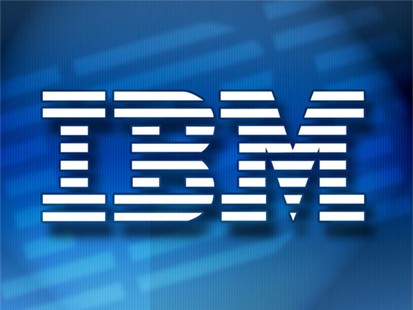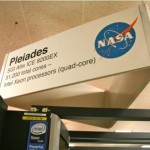IBM Grabs Fastest Computer Crown

IBM has given the United States something to brag about after Big Blue’s Sequoia computer climbed to the pole position of TOP 500 list of fastest supercomputers in the world. The IBM BlueGene/Q, which is located at the Department of Energy’s Lawrence Livermore National Laboratory, gave the crown to the US after it was taken over by China in November 2009. IBM’s creation was able to reach 16.32 petaflop/s on the Linpack benchmark by utilizing 1,572,864 cores to edge out Japan based Fujitsu’s K Computer.
The makers of Sequoia have stated that even though the computer is the fastest in the world right now, but its most important function is instilling confidence in Americans that their country’s nuclear deterrent is functioning properly. The IBM super computer will be used for simulations that will extend the life span of older nuclear weapons in the American arsenal. The calculations on the computer will dispose real-world tests that can be dangerous to the environment.
The US now possesses three of the top ten fastest computers in the world. They are followed by China and Germany that posses two supercomputers each in the top ten while Japan, France and Italy have one each in the top spots. For IBM, the win highlights their dominance as 5 of the top ten computers are manufactured by them.
The Sequoia gained its spot after it was shown that it is 1.55 times faster than the Fujitsu K Computer which has been dropped to second place. The 1.5 million processors used in the IBM system are twice the amount that is in the Japanese machines. The developers of the supercomputer believe that no other manufacturer will be able to overtake their spot for another year.
The IBM team that developed the Sequoia made the super computer more energy efficient than the Fujitsu computer it replaced. Reports indicated that IBM Sequoia uses 7.9 megawatts compared to the whopping 12.6 megawatts of the K Computer.







